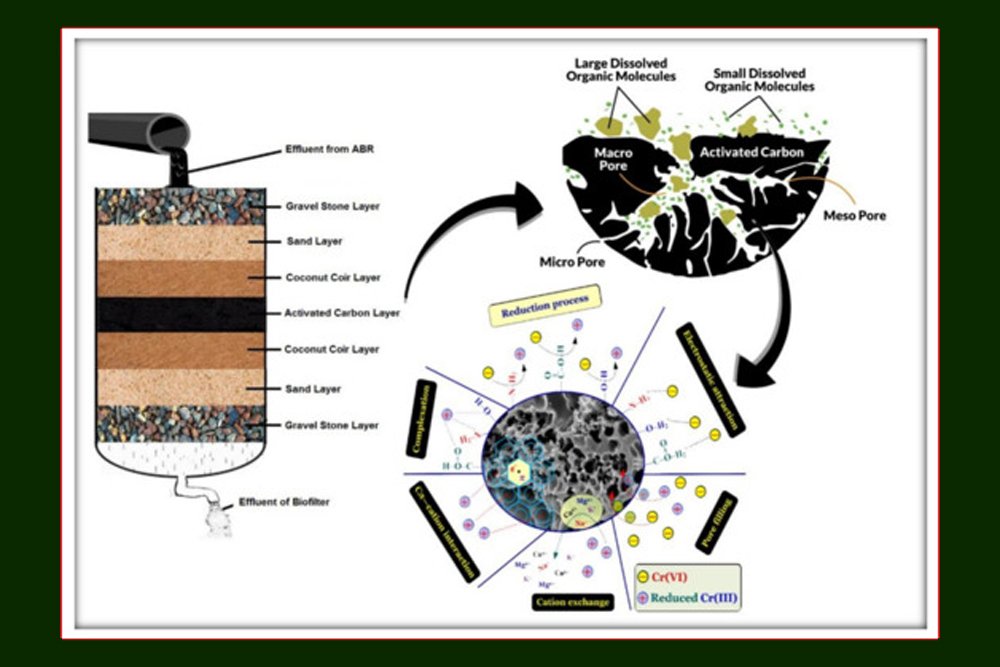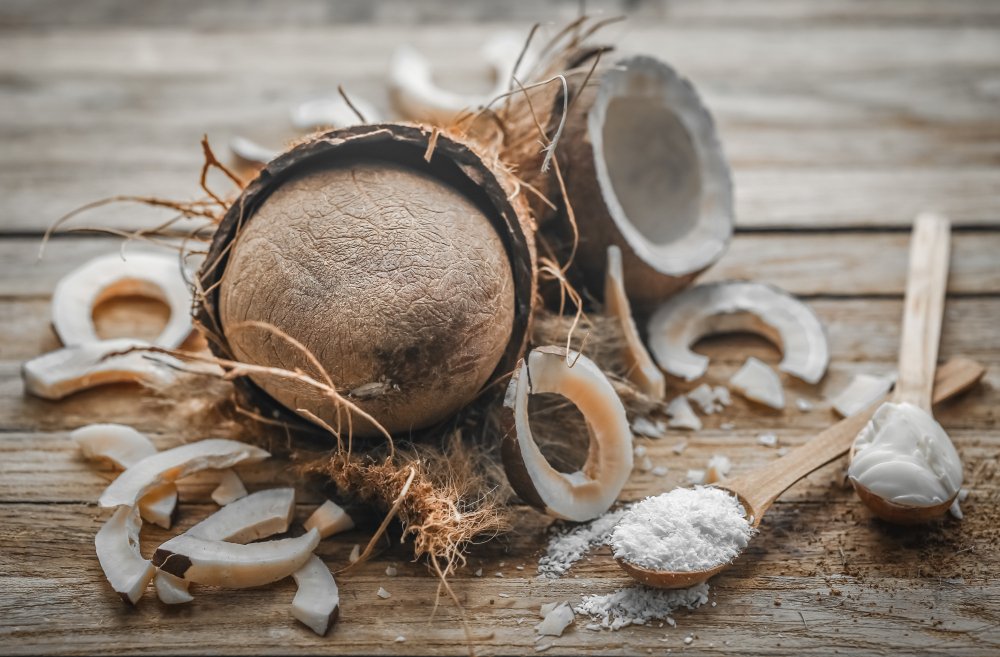Access to clean, safe drinking water is a fundamental human right, yet billions worldwide lack this essential resource. Traditional water filtration methods often rely on energy-intensive processes and generate significant waste. However, a sustainable and surprisingly effective solution lies in the humble coconut shell – a readily available, renewable resource that yields highly efficient coconut shell carbon for water purification. This article explores the remarkable potential of coconut shell carbon in revolutionizing water filtration and paving the way for a greener, more equitable future.
Nature’s Filter: Coconut Shell Carbon
Coconut shells, a byproduct of the coconut industry, are often discarded as waste. However, these seemingly insignificant shells possess a hidden treasure: activated carbon. Through a process of pyrolysis and activation, coconut shells are transformed into a highly porous material with an incredibly large surface area. This extensive surface area acts like a sponge, attracting and trapping a wide range of contaminants, including organic pollutants, pesticides, heavy metals, and chlorine. The unique structure of coconut shell carbon makes it exceptionally effective at removing these impurities, leaving behind cleaner, safer water. Its natural origin adds to its appeal, making it a truly sustainable alternative to synthetic filtration materials.
The production of coconut shell carbon is relatively simple and can be adapted to suit various scales, from small-scale community projects to large-scale industrial applications. This adaptability makes it an ideal solution for diverse contexts, particularly in developing countries where access to advanced water treatment technologies is limited. Moreover, the abundance of coconut trees in many tropical regions ensures a readily available and renewable source of raw material, minimizing environmental impact and promoting local economies. The process itself is less energy-intensive compared to the production of synthetic activated carbons, further enhancing its sustainability credentials. This natural abundance and ease of production contribute to its cost-effectiveness, making clean water more accessible to communities in need.
The exceptional adsorption capacity of coconut shell carbon is not its only advantage. It is also remarkably durable, capable of repeated regeneration through processes like thermal reactivation. This extends its lifespan and reduces the need for frequent replacements, further minimizing waste and environmental impact. Furthermore, the material is biodegradable, meaning that at the end of its useful life, it poses no significant environmental threat unlike many synthetic alternatives. This combination of high performance, durability, and biodegradability makes coconut shell carbon a truly exceptional filtration medium. The inherent properties of this natural material offer a compelling argument for its widespread adoption.
Clean Water, Sustainable Future
The global demand for clean water is escalating, driven by population growth, industrialization, and climate change. Traditional water treatment methods often struggle to keep pace, relying on energy-intensive processes that contribute to greenhouse gas emissions and generate significant waste. Coconut shell carbon offers a sustainable alternative, reducing our reliance on fossil fuels and mitigating the environmental footprint of water purification. By utilizing a readily available, renewable resource, we can significantly reduce the ecological burden associated with providing clean drinking water to communities worldwide.
The use of coconut shell carbon contributes directly to the United Nations’ Sustainable Development Goals (SDGs), particularly SDG 6 (Clean Water and Sanitation) and SDG 12 (Responsible Consumption and Production). By promoting a circular economy model – utilizing waste materials to create a valuable product – coconut shell carbon exemplifies sustainable practices. It empowers local communities by creating economic opportunities related to its production and application, promoting economic growth alongside environmental sustainability. This holistic approach addresses multiple facets of sustainable development, creating a positive impact beyond simply providing clean water.
The transition to coconut shell carbon filtration systems can be phased in gradually, starting with small-scale implementations in communities lacking access to clean water. This approach allows for the development of localized expertise and infrastructure, ensuring long-term sustainability and community ownership. Scaling up production and distribution can then occur strategically, based on local needs and resources. This gradual implementation minimizes disruption and maximizes the chances of successful, long-lasting impact.
The potential for large-scale adoption of coconut shell carbon is significant. Its versatility allows for integration into various water treatment systems, from simple household filters to more complex industrial applications. This adaptability makes it a powerful tool in the fight for global water security, offering a sustainable and effective solution for a pressing global challenge. The scalability and adaptability of this solution further solidify its position as a key player in achieving a sustainable future.
Revolutionizing Water Purification
Coconut shell carbon’s superior adsorption capabilities surpass those of many conventional filtration materials, effectively removing a wide spectrum of contaminants. This makes it particularly valuable in regions where water sources are heavily polluted with organic matter, pesticides, or heavy metals. Its ability to remove chlorine, a common disinfectant that can have adverse health effects, further enhances its value as a safe and effective water purification method. This superior performance translates to cleaner, healthier water for communities in need.
Beyond its effectiveness, coconut shell carbon offers a cost-effective solution compared to many existing water purification technologies. The relatively low cost of raw materials and the simplicity of the production process make it accessible to a wider range of communities, particularly those with limited financial resources. This affordability is a crucial factor in ensuring widespread access to clean water, bridging the gap between technology and accessibility. The financial viability of this method is a key factor in its potential for widespread global impact.
Integrating coconut shell carbon into existing water purification systems is often straightforward, requiring minimal modifications. This ease of integration facilitates a smooth transition and reduces the barriers to adoption. Furthermore, the development of innovative filter designs specifically utilizing coconut shell carbon is ongoing, promising even greater efficiency and ease of use in the future. This adaptability and ease of integration are key factors in its widespread appeal.
The ongoing research and development surrounding coconut shell carbon are constantly uncovering new applications and enhancing its effectiveness. Scientists are exploring ways to optimize the activation process, further improving its adsorption capacity and longevity. This ongoing innovation ensures that coconut shell carbon will remain a cutting-edge solution for water purification, continually adapting to the evolving needs of a changing world. The potential for further innovation and refinement only strengthens its position as a leading sustainable water filtration method.
A Greener Approach to Hydration
Choosing coconut shell carbon for water filtration is a conscious decision to prioritize environmental sustainability. It reduces our reliance on energy-intensive, environmentally damaging processes associated with traditional water treatment methods. By utilizing a readily available, renewable resource, we minimize our environmental footprint and contribute to a greener planet. This conscious choice aligns with growing global awareness of the importance of environmental stewardship.
The circular economy model inherent in the use of coconut shell carbon transforms waste into a valuable resource, reducing landfill burden and promoting resource efficiency. This approach aligns perfectly with the principles of sustainable development, minimizing waste and maximizing the utilization of available resources. This holistic approach reduces environmental impact across the entire lifecycle of the product.
Promoting the use of coconut shell carbon empowers local communities and fosters economic development in regions where coconut trees are abundant. The creation of local industries focused on the production and processing of coconut shell carbon generates employment opportunities and stimulates economic growth. This socio-economic benefit adds another layer to its sustainability credentials.
By embracing coconut shell carbon, we are not only ensuring access to clean water but also actively contributing to a healthier planet. It’s a simple yet powerful way to make a significant difference in the global fight for water security and environmental sustainability. The choice for a greener approach to hydration is a choice for a healthier future for all.
Coconut shell carbon represents a powerful and sustainable solution to the global challenge of providing clean water. Its exceptional filtration capabilities, coupled with its renewability, affordability, and environmental friendliness, make it a compelling alternative to traditional methods. By embracing this natural resource, we can revolutionize water purification, creating a healthier, more equitable, and sustainable future for generations to come. The future of clean water is undeniably intertwined with the sustainable potential of the humble coconut shell.


